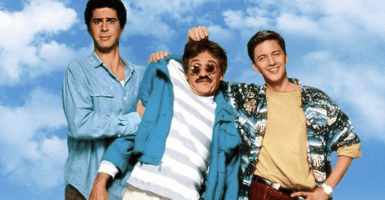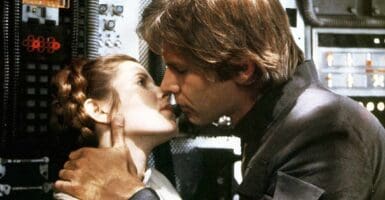10 Times A Movie Didn’t Deserve To Win An Oscar
Here are 10 Oscar-winning movies that should have lost instead.
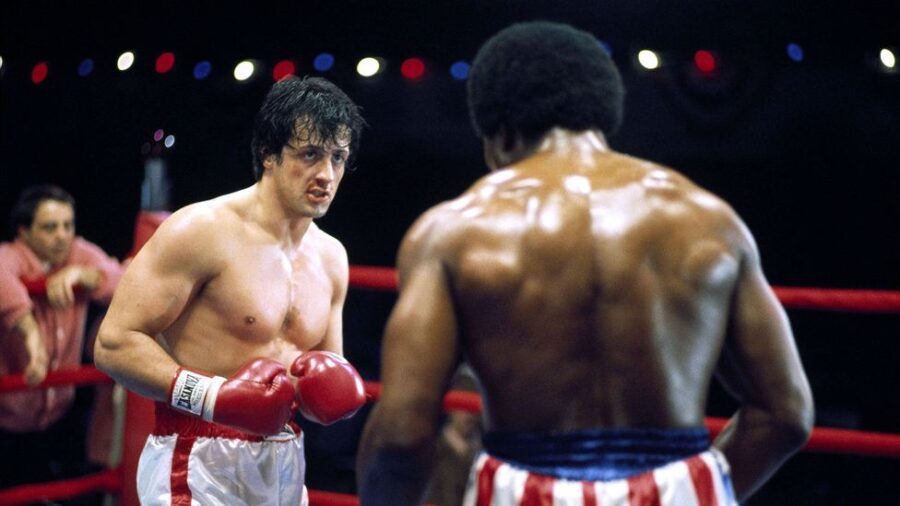
Winning Best Picture at the Oscars is the most coveted award movies can ask for. Adding this Academy Awards title to your accolades means that your film made it—it’s the best picture in Hollywood. However, many films throughout the years have gone home with the prized honor, despite maybe not being totally deserving of the title.
Here are 10 times that a movie didn’t deserve to win an Oscar and the films that should have won instead.
10. Driving Miss Daisy (1989) – Best Picture
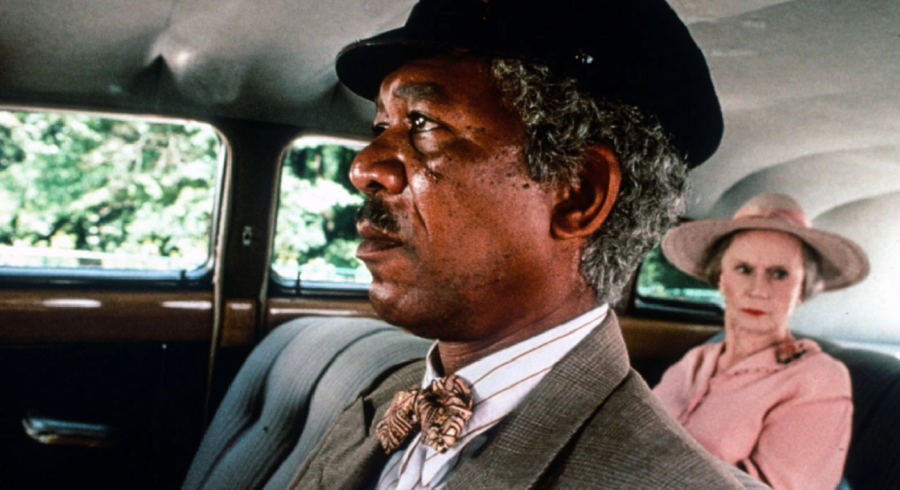
Driving Miss Daisy is a comedy/drama/romance from 1989 directed by Bruce Beresford and written by Alfred Uhry. It follows the relationship between Morgan Freeman as Hoke Coburn and the woman whom he chauffeurs for, Daisy Werthan (Jessica Tandy), and how they grow throughout the years. The film was nominated for nine Academy Awards and won four (Best Picture, Best Actress, Best Makeup, and Best Adapted Screenplay), however, many believe the film shouldn’t have won the most coveted Oscar Award as there were other movies that were potentially better picks.
Driving Miss Daisy was considered a safe choice for the judges to pick as a film that didn’t necessarily push any boundaries or make bold choices, whereas many felt that Dead Poets Society or Born of the Fourth of July would have been better winners.
9. Rocky (1976) – Best Picture

The classic underdog story, Rocky has become one of the most beloved classic Oscar-winning movies of all time. Like Driving Miss Daisy, Rocky was also nominated for nine Academy Awards, and it took home three, though maybe it didn’t deserve to take home Best Picture that year.
The sports drama written by and starring Sylvester Stalone was up against some fierce competition at the 1976 Oscars and beat out other famous films like Taxi Driver and All The President’s Men. While Rocky ultimately won, critics believe that it was the weakest storyline in the lot with a formulaic and predictable script.
8. A Beautiful Mind (2001) – Best Picture
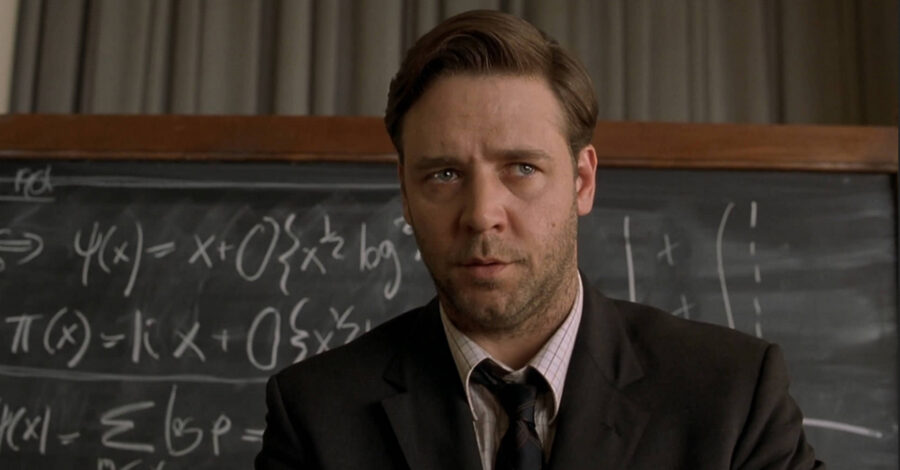
A Beautiful Mind is a biographical drama starring a young Russell Crowe as the extremely smart but highly asocial mathematician John Nash who takes a job in cryptography that changes his life. This Oscar-winning movie was nominated for eight Academy Awards and took home four: Best Picture, Best Director, Best Supporting Actress, and Best Screenplay – Based on Material Previously Produced or Published.
Critics of the film felt as though this biopic went too far down the creative rabbit hole, bringing the story too far away from the true events that really happened, while also simplifying mental illness, failing to capture the full complexity of a condition like schizophrenia. These critics believe the Best Picture should have lost to other films that were considered groundbreaking like The Lord of the Rings: The Fellowship of the Ring.
7. The Greatest Show on Earth (1952) – Best Picture
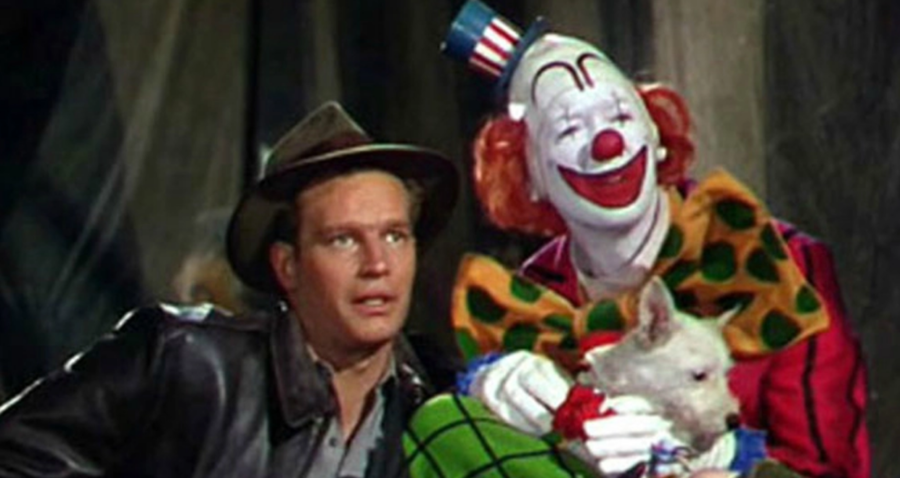
The Greatest Show on Earth is the behind-the-scenes story of what goes on behind the curtain at the biggest circus in the world, Ringling Bros. and Barnum & Bailey Circus. A full spectacle of entertainment, The Greatest Show on Earth was the biggest film of the year and was nominated for five Oscars though the movie only won two.
Still, some critics believe it shouldn’t have even won that many as the award for Best Picture could have gone to other films like High Noon that showed more than just a spectacle on screen but also explored deeper themes like loyalty, courage, and moral ambiguity.
Some critics also felt that The Greatest Show on Earth lacked the social relevance and cultural significance of other films that have won the Best Picture award. The film was released at a time when the United States was grappling with social and political issues such as the Korean War, civil rights, and the Red Scare. Some critics felt that the film failed to engage with these issues and missed an opportunity to comment on the state of American society at the time.
6. Around the World in 80 Days (1956) – Best Picture
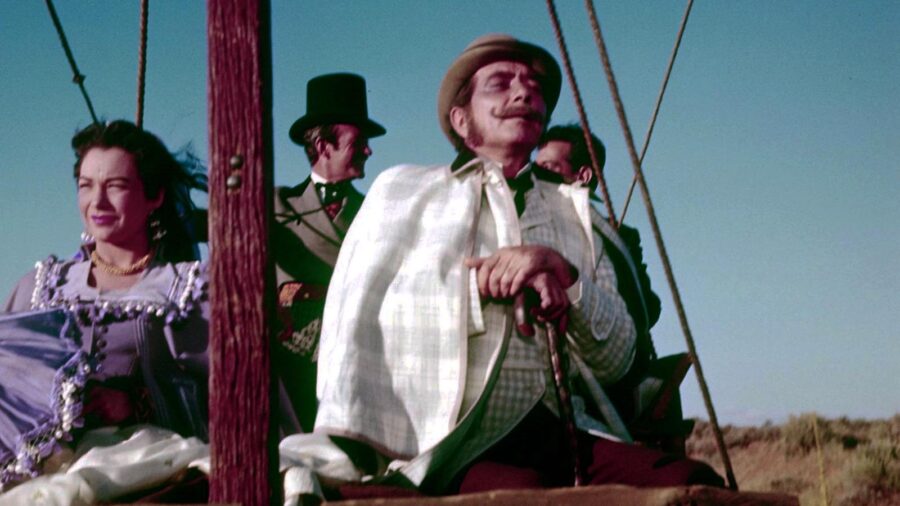
In this Oscar-winning movie, An Englishman from the Victorian era places a wager that he can travel around the world in just eighty days utilizing the latest advancements in steamships and railways, and what follows is an adventure comedy that was popular enough to later be remade in 2004 and again as an animated film in 2021.
Even though Around the World in 80 Days featured some pretty cool special effects and high-tech mechanics, considering that it was filmed in the 1950s, overall, the movie is a fun family film and not necessarily cut from the same cloth as other Oscar movies. Critics believe that the plot and characters for this film were thinly sketched out, making its win at the 1956 Oscars a surprise, especially when films with depth like The King and I and Giant were in the running.
5. Ordinary People (1980) – Best Picture
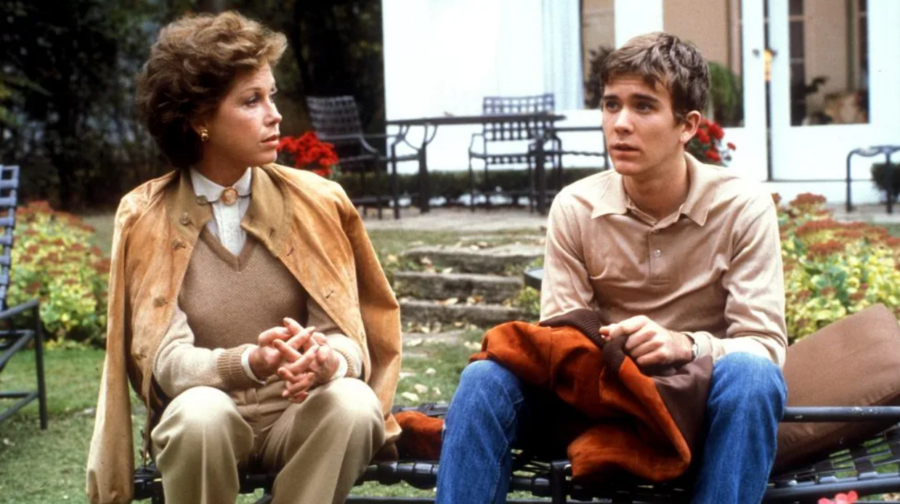
Ordinary People was Robert Redford’s directorial debut and was released to critical and box office success, with audiences praising the moving story about a nuclear family dealing with the death of one son and the attempted suicide of another. The film was nominated for six Academy Awards and took home four, including Best Picture, which many critics believed should have gone to Raging Bull instead.
While Ordinary People was moving, the film lacked diversity. It’s a movie about a rich white family in Regan-era America, and while diversity and discussions of privilege weren’t really talked about in the 1980s, the topics and themes of this Oscar-winning movie have made it a product of its time. Additionally, the film deals with heavy themes and discussions of mental health, which critics believe reflected narrow and potentially stigmatizing views of mental illness.
Raging Bull, on the other hand, was a powerful and innovative exploration of masculinity, violence, and self-destruction, while The Elephant Man, another film up for the award, was a haunting and visually stunning depiction of the life of Joseph Merrick, a severely disfigured man in Victorian England.
4. How Green Was My Valley (1941) – Best Picture
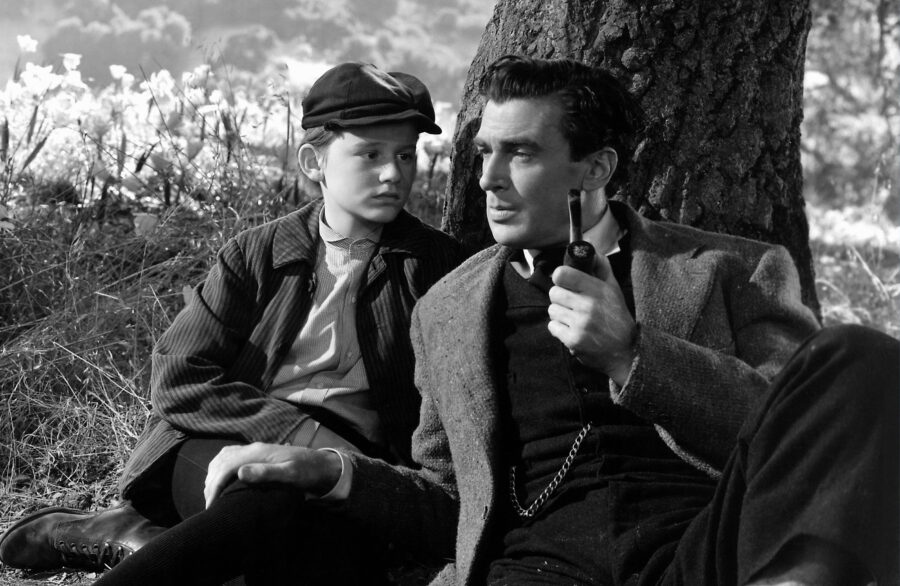
How Green Was My Valley was a film about a struggling Welsh mining family who hoped their youngest son would find a better life someday. It was released shortly after the Great Depression, which could have been a major reason why this film won Best Picture over other Oscar-deserving movies like Citizen Kane. Citizen Kane has long been considered one of the best movies ever made, and yet How Green Was My Valley stole the Best Picture award that year, likely because the American People could relate to it more.
Still, despite resonating with the American people, many critics believe that Citizen Kane was more deserving, not just because it’s a better movie, but also because How Green Was My Valley lacked historical depth and accuracy. In Wales, many have viewed the film as a patronizing and simplistic portrayal of their country and its people.
3. The English Patient (1996) – Best Picture
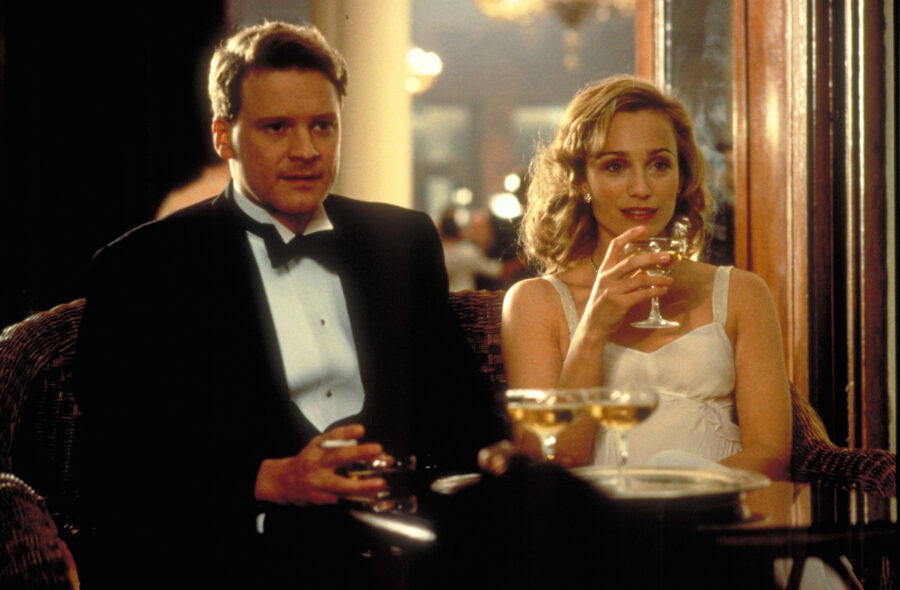
The English Patient takes place at the close of World War II and follows a young nurse who cares for a badly-injured plane crash victim. The man’s past is shown in flashbacks, as he remembers a fateful love affair. The movie, written and directed by Anthony Minghella, was hugely popular at the Oscars and is one of the few movies that have been nominated for 12 Academy Awards and bagged a total of nine.
However, many critics believe that this film was overly dramatic and slow-moving. The film is a long and complex epic that spans multiple time periods and locations, and some critics felt that it struggled to maintain a consistent narrative thread or sense of momentum. The way the movie is structured is not linear, as it jumps back and forth in time, has also been criticized as confusing or disorienting for some viewers.
Because of this, many believe that Fargo would have been a better Best Picture winner this year.
2. Shakespeare in Love (1998) – Best Picture
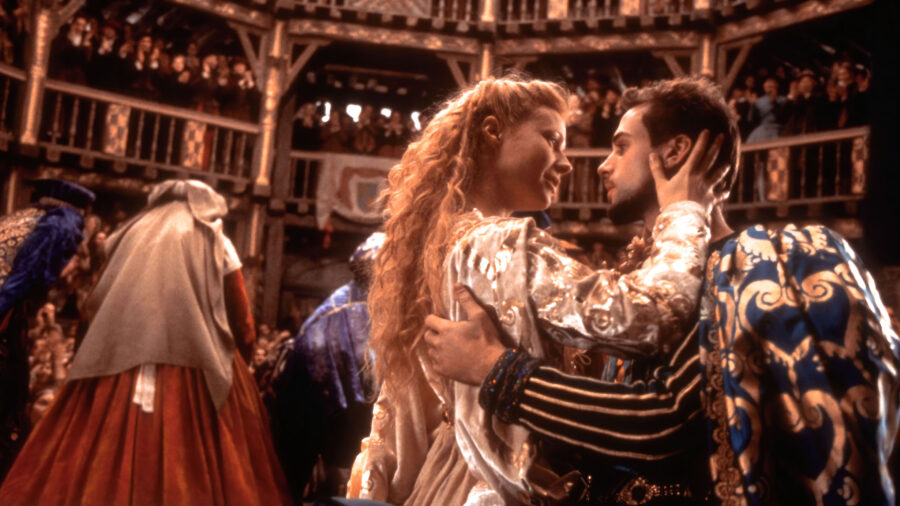
Shakespeare in Love was a mega-popular historical romantic comedy that starred Joseph Fiennes as the titular English playwright himself and Gwenyth Paltrow as his love interest, Viola. The film was nominated for 13 Oscars and the movie won seven of them, including Best Picture. The sheer number of Oscars this film was nominated for and took home that evening has brought up suspicions with critics who believe the accolades were delivered not based on the film’s artistic merits, but on aggressive Oscar campaigns and possibly even bribes from Miramax founder, Harvey Weinstein.
While Shakespeare in Love was a charming and fun movie, it didn’t necessarily bring anything new to the industry, whereas, Saving Private Ryan was widely regarded as a landmark war film that pushed the boundaries of the genre and featured a powerhouse performance from Tom Hanks. Hence, many believe that Saving Private Ryan should have brought home the trophy that evening.
1. Crash (2005) – Best Picture
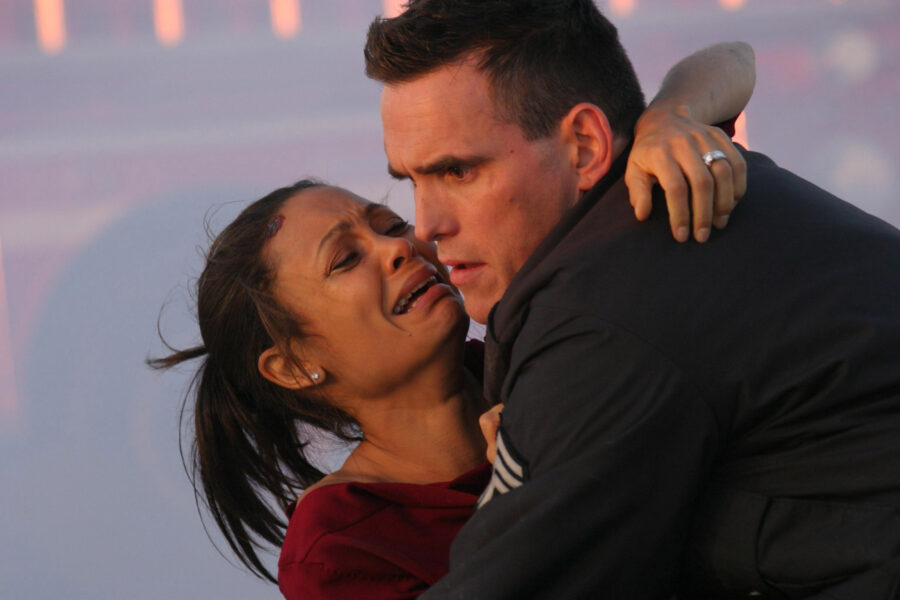
Crash is a multi-narrative drama that explores racial and social tensions in contemporary Los Angeles. It was a passion project for director Paul Haggis, and the movie follows several characters from different backgrounds whose lives intersect in unexpected ways, as they navigate issues of race, class, and identity.
This Oscar-winning movie was nominated for six Academy Awards and won three, including Best Picture, despite critics believing the film didn’t deserve its win due to its simplistic and heavy-handed approach to the topic of race relations which were often described through stereotypes and clichés.
While Crash was praised for its ambition and emotional impact (despite its many faults), some critics felt that other films were more deserving of the award. Brokeback Mountain was a groundbreaking film that challenged societal norms and featured stunning performances from Heath Ledger and Jake Gyllenhaal, while Good Night, and Good Luck was a tense and thought-provoking political drama that explored the power of the media in a time of political upheaval.









